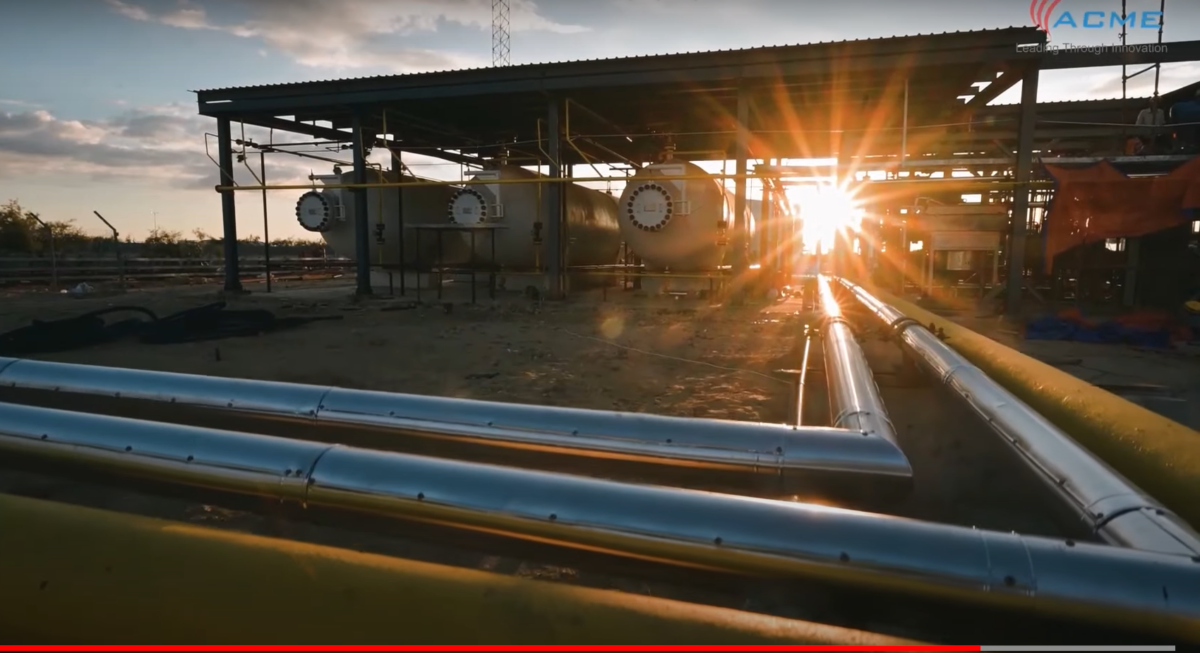A new report by investment bank Avendus Capital estimates the green hydrogen and green ammonia segments in India to drive a cumulative investment of $125 billion across the value chain by 2030.
Out of this cumulative investment, $80 billion will be required in setting up the renewable energy generation plants. Green hydrogen and green ammonia production will require investments worth $30 billion and $10 billion, respectively. Electrolyzer manufacturing presents a $5 billion investment opportunity.
The report states that green hydrogen growth in India will be driven by the rising sustainability focus, demonstrated commercial viability, ever-expanding use cases and a strong regulatory push. The report charts the course from production methodologies to wide-ranging applications, underlining significant opportunities and dispelling myths surrounding the economic viability of green hydrogen.
“India is home to one of the cheapest renewable electricity costs globally, has abundant availability of fresh water and is emerging as a global manufacturing hub – three essential elements required for the production of green hydrogen at a competitive cost,” said Prateek Jhawar, managing director and head-infrastructure & real assets investment banking, Avendus Capital. “We see an emergence of the first set of serious standalone and integrated participants forging partnerships to aggregate capabilities and infrastructure to tap into green hydrogen derivatives. While the C&I business model for domestic consumption of Green Hydrogen will drive the first set of investments in the sector, the steel industry will form the largest share of off-take contracts in the near-term with the imposition of the Carbon Border Adjustment Mechanism in the European Union.”
To push green hydrogen production and local electrolyzer manufacturing, the Indian Government has brought in significant production linked incentives (PLI) and players have actively participated and won capacities in the first round. The emergence of green hydrogen has also increased the target market for private-sector renewable power producers and can lead to improvement in project economics. According to the report, early-stage investment risks are likely to be short-lived as the sector is already at an inflection point.
Akhil Dokania, director, infrastructure & real assets investment banking, Avendus Capital, said, “In terms of project bankability, green hydrogen is already viable for a subset of target off-takers and its derivatives are also gaining visibility in global markets. Hence, long-term contracts are already available. In the absence of long-term contracts, we expect the grey molecule price benchmarks to act as de-facto for debt sizing and a corporate financing model to emerge and co-exist with the project financing model.”
“Ammonia is the largest end-user segment for Green Hydrogen in the near-term and it plays a pivotal role in producing green hydrogen at scale. We expect that a nuanced understanding of global trade dynamics and risks to existing business will drive oil & gas companies to invest in green ammonia. There is also a potential for partnerships and joint ventures between developers and fertilizer companies, owing to their lack of expertise in the sale of ammonia. Given the push for hydrogen mobility, an offtake market for green hydrogen refueling is also likely to emerge, especially for long haul and large road applications,” added Akhil.
This content is protected by copyright and may not be reused. If you want to cooperate with us and would like to reuse some of our content, please contact: editors@pv-magazine.com.









By submitting this form you agree to pv magazine using your data for the purposes of publishing your comment.
Your personal data will only be disclosed or otherwise transmitted to third parties for the purposes of spam filtering or if this is necessary for technical maintenance of the website. Any other transfer to third parties will not take place unless this is justified on the basis of applicable data protection regulations or if pv magazine is legally obliged to do so.
You may revoke this consent at any time with effect for the future, in which case your personal data will be deleted immediately. Otherwise, your data will be deleted if pv magazine has processed your request or the purpose of data storage is fulfilled.
Further information on data privacy can be found in our Data Protection Policy.